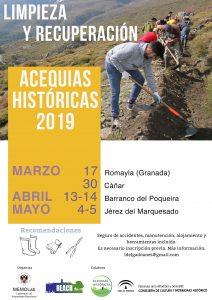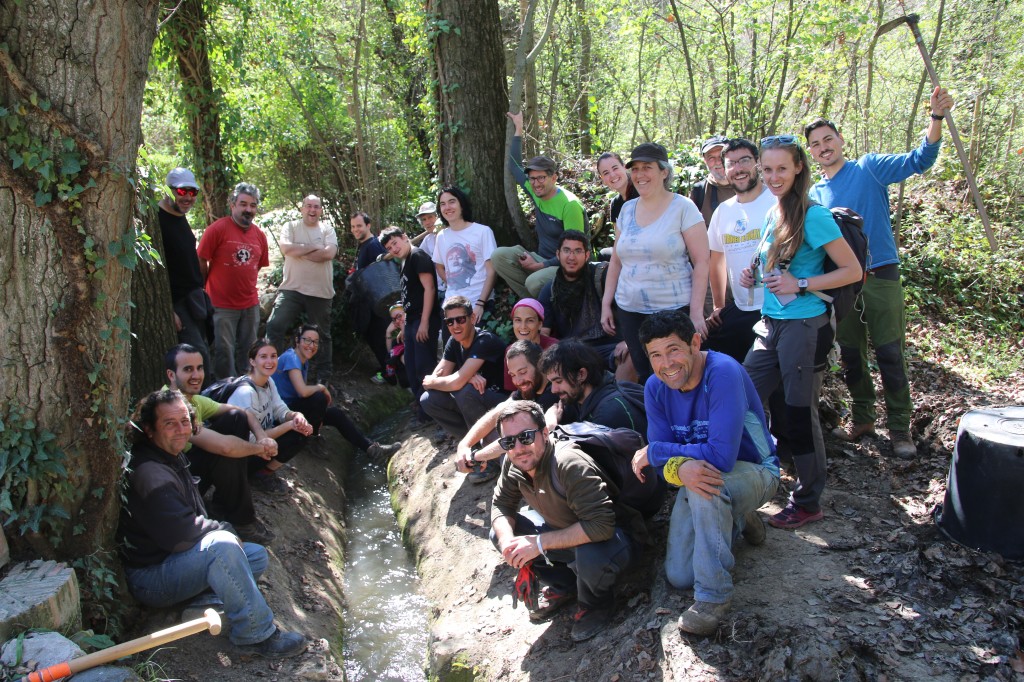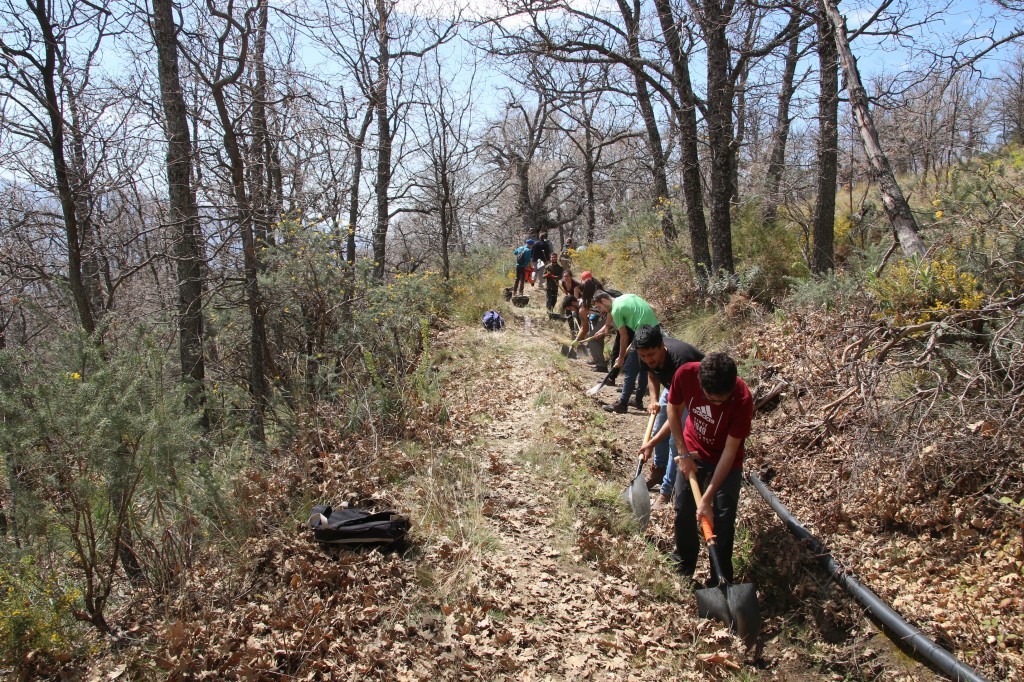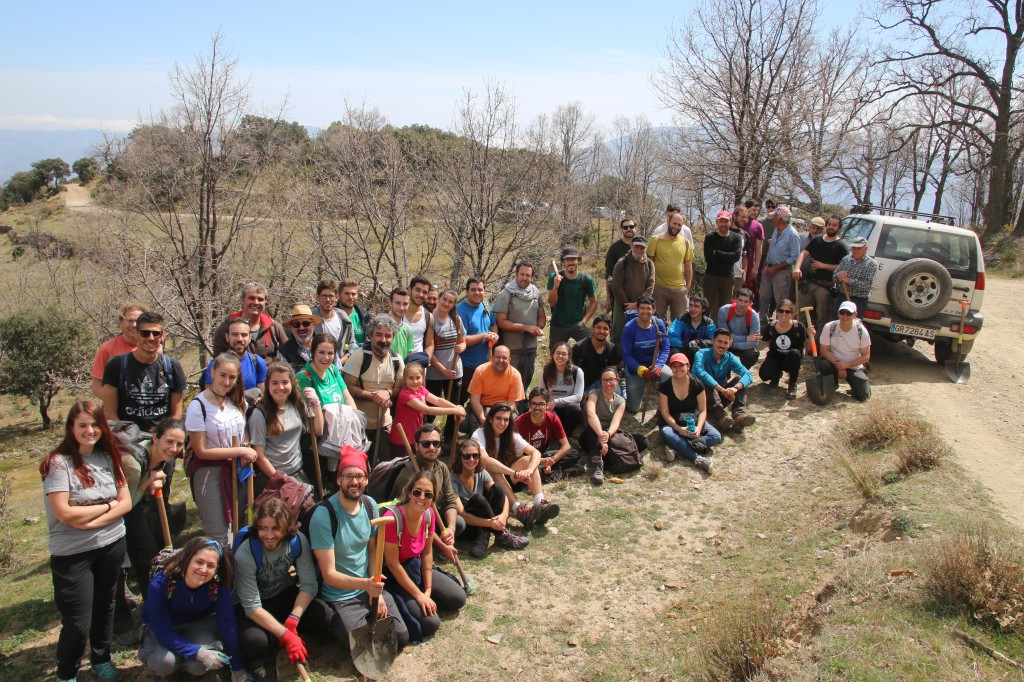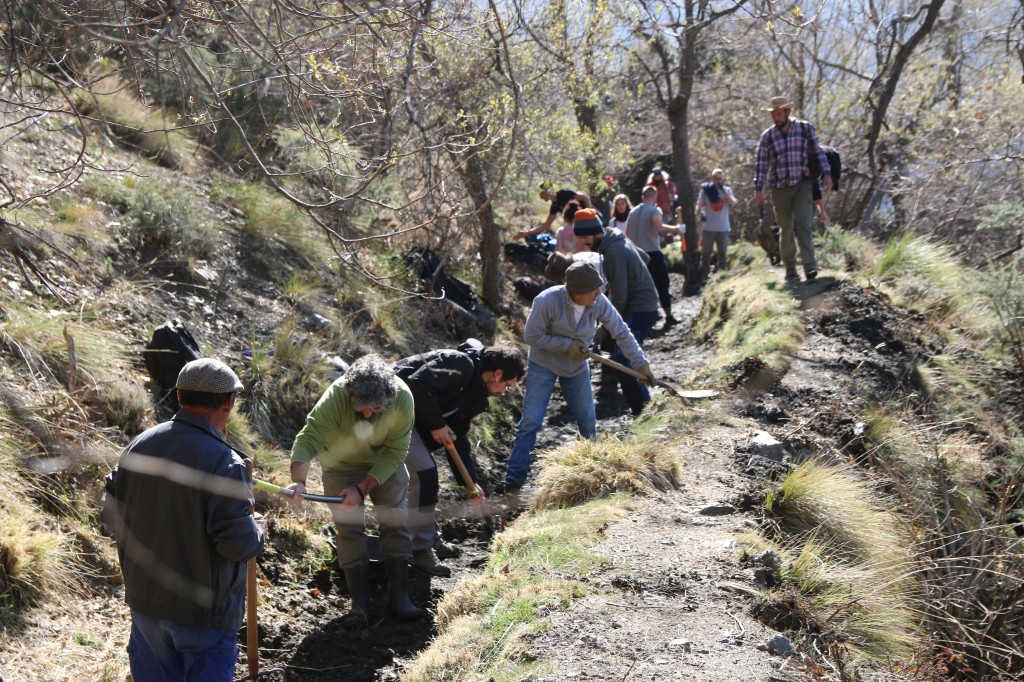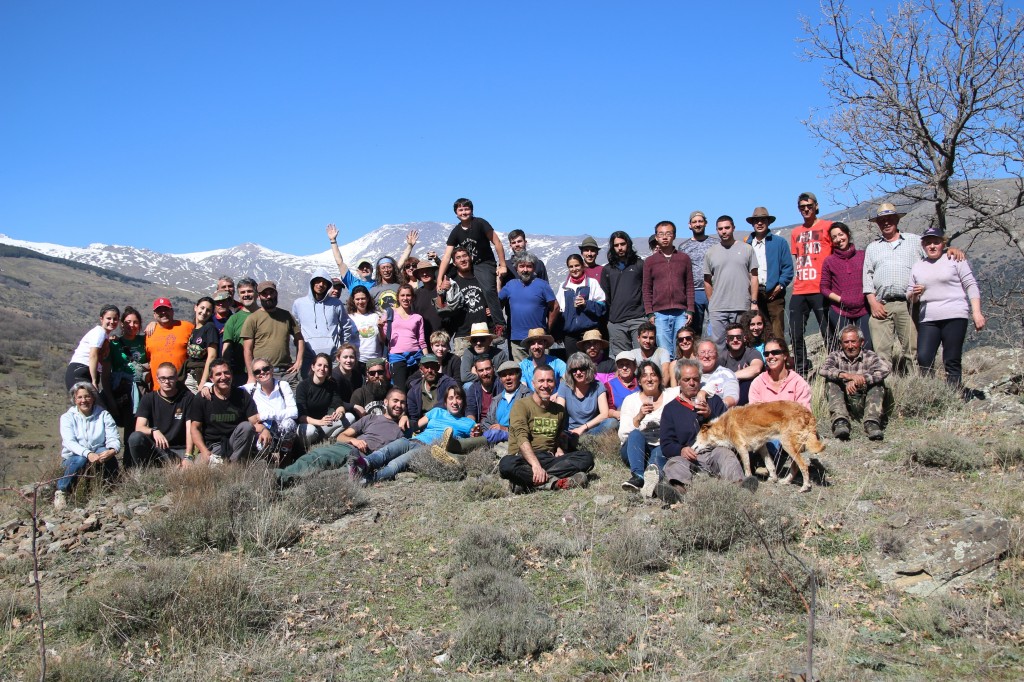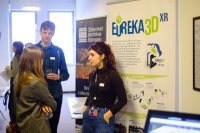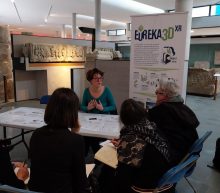Thanks to information technology, today and even more so in the future, the heritage that past generations have left us will be at our fingertips.
Text by Caterina Sbrana.
This is my third report from New York, specifically from Central Park where the New-York Historical Society is based. In New York I visited other museums, such as 9/11 Memorial & Museum and MOMA and after these experiences my interest about what I would find in other NYC museums was increasing. Furthermore reading about NYHS in my guide motivated me to visit it.
With over a hundred years of history, the New-York Historical Society can boast several records: it is the oldest museum in New York City, it is the first history museum in the United States designed specifically for children (DiMenna Children’s History Museum), it has the first center dedicated to Women’s History and one of the World’s largest collections of Tiffany glasswork, with 100 glistening Tiffany Lamps .
Here too, New-York Historical Society founders had a specific and clear mission: preserving documents, objects, artifacts, picture of their own time. They were eleven, it was 1804. 
Two new museums recently founded caught my eye: one related to the women who shaped the American experience (2017), the other is a museum for children (2011) that presents 350 years of New York and American history through character-based pavilions, interactive exhibits and digital games.
Today the New-York Historical Society has a great collection of art and different kinds of documents both on-site and online. More than the visit in itself, what I have found very useful are the opportunities offered by several digital collections accessible from a computer, or smartphone. I think the richness of the museum are these extraordinary digital collections, very helpful for those who need to research, write books or essays , etc..
NYHS’ latest is a Digital Library that grows on maps, manuscripts (referring for example to slavery and African American history), thousands of New York City photographs, Civil War documents and other historical resources from the Patricia D. Klingenstein Library. This last Library has more than three million books, newspapers, music sheets, maps, prints, photographs and architectural drawings. It is one of the oldest libraries in the nation; researchers, in the field of education, implement its collections all the time.
Let’s browse the Digital Collection: we find beautiful drawings of one of the founders of the Hudson River School, Asher B. Durand, and several collections of photographic negatives (some of them are not dated), including a good collection of 403 negatives produced approximately in 1920-1980 by commercial photographers on behalf of The Boys’ Club of New York (“BCNY”).
In the caption of the collection we read “The majority depict young BCNY members engaged in a variety of activities, either at the club’s Tompkins Square Building (later renamed Harriman Clubhouse) or at the William Carey Camp in Jamesport, New York. Many of the photographs were published in annual reports, where they served to promote the organization’s work”.

image from The Burr McIntosh Photograph Collection
Another extraordinary collection of photographs is the one by Burr McIntosh, better known as Burr, whose collection (1898-1910) includes 596 glass plate negatives and 3,822 photographic prints dated from 1898 to 1910.
Getting the chance to consult Abraham Lincoln President’s manuscripts is exciting as it is also checking Walt Whitman’s letters; Civil War envelopes with drawings of eagles, animals, constitution, deaths’ head; a report on the defence of the City of New York, with maps, views, and topographical plans, including “thirty-three maps, plans, and views of the fortifications constructed on Manhattan Island during the War of 1812 originally bound up with a beautifully engrossed Report on the Defence of the City of New York … Addressed to the Committee of the Common Council by J.G. Swift, Brigadier General, Chief Engineer of the United States, New York, 1814 … ”

Pictorial Envelope: 1 envelope; 3 x 5 3/8 in. Waving American flag on a pole. White envelope with red and blue ink. Envelope addressed to Thompson Wescott Esq. No. 28 South 17th Street. Philadelphia, PA. Address at right. Image on left side.
The benefits of digital technology in the cultural field are undoubtedly unique. The eleven founders of New-York Historical Society had well understood that preserving the testimonies in whatever form they might appear (paintings, drawings, photographs, letters, manuscripts, etc.) represented the construction and immortality of a Nation’s identity. It is a tribute that a generation leaves to coming generations.
Today, computer science and social media bring these documents within the reach of everyone. Digitization doesn’t end in itself and it has not only the intent to preserve ancient documents: it links users, it keeps memory alive regenerating it continuously.
NYHS Website: http://digitalcollections.nyhistory.org/node/9
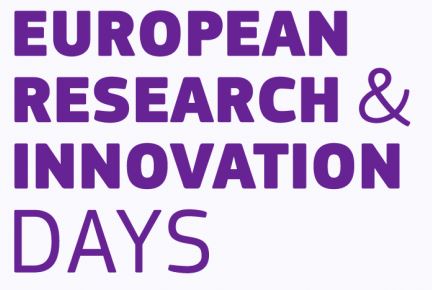 Next September 2019 world leaders from industry, finance, academia and business will meet in Brussels in occasion of the European research & Innovation Days, the annual policy event which aims is to mobilise EU citizens, increase awareness and understanding of how important research and innovation are in addressing the challenges that face society. The debate will cover vital areas of science, engineering, medicine, and wider social and environmental concerns.
Next September 2019 world leaders from industry, finance, academia and business will meet in Brussels in occasion of the European research & Innovation Days, the annual policy event which aims is to mobilise EU citizens, increase awareness and understanding of how important research and innovation are in addressing the challenges that face society. The debate will cover vital areas of science, engineering, medicine, and wider social and environmental concerns.

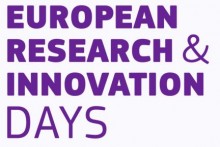
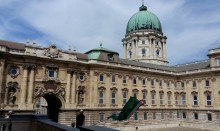
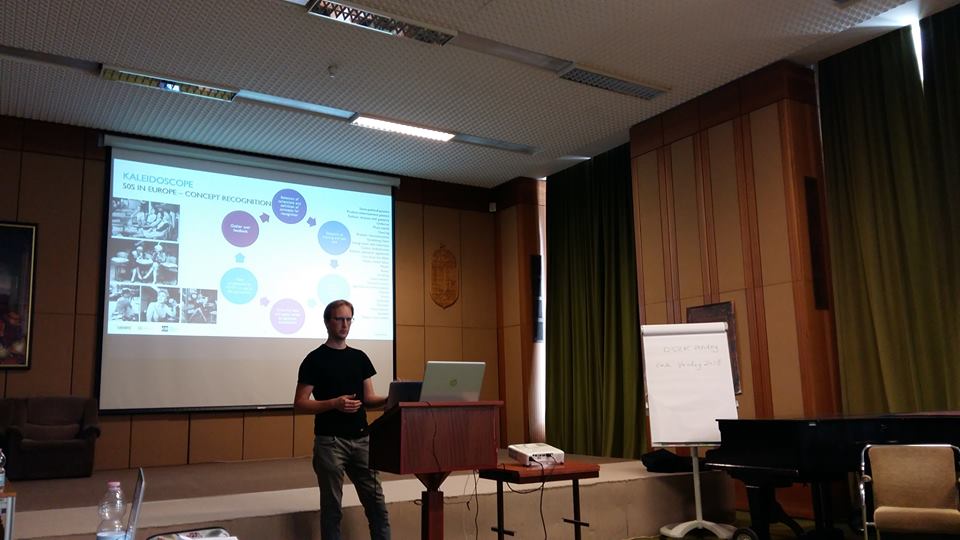
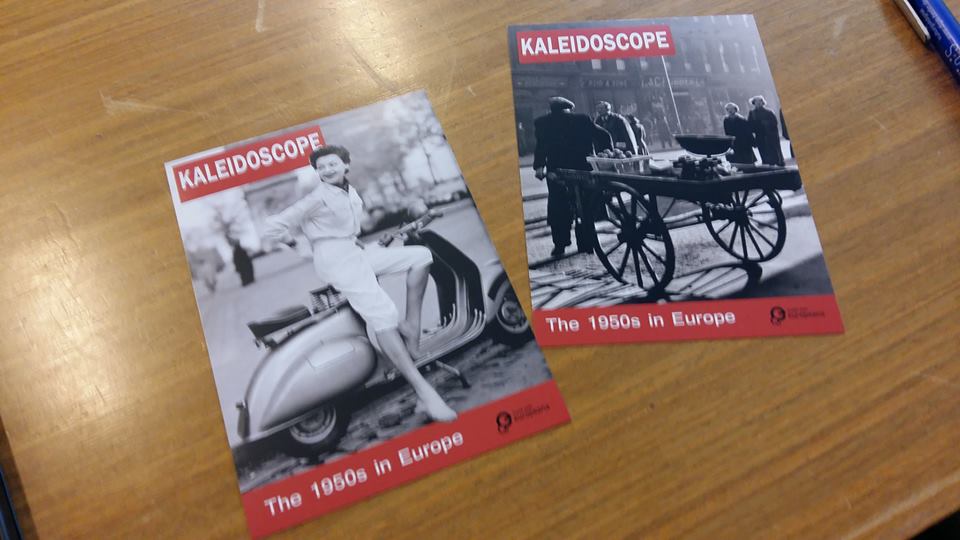

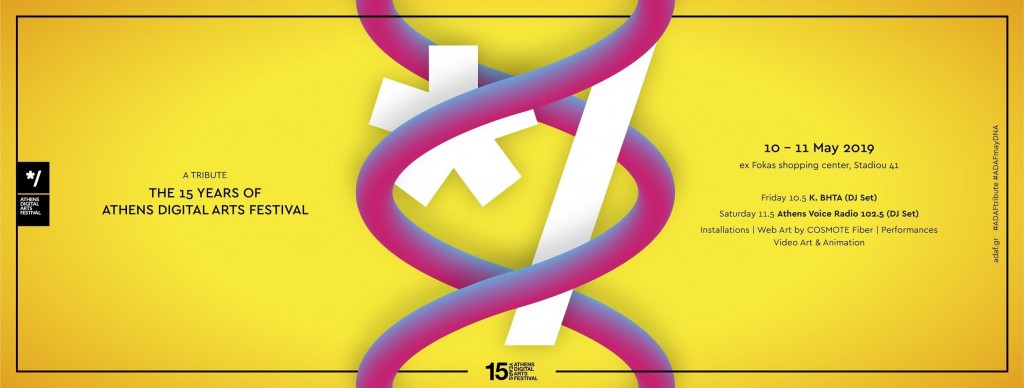
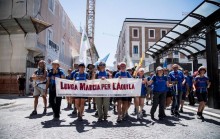
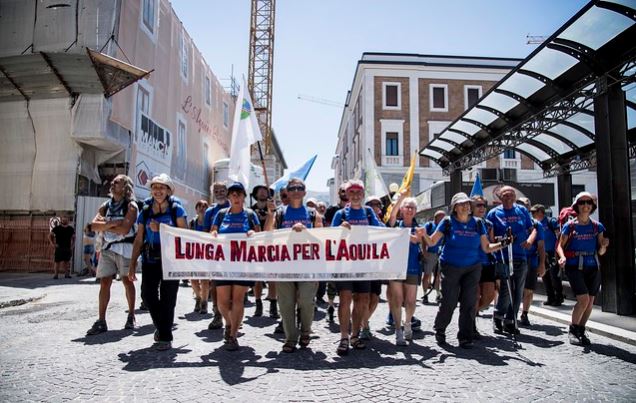 The 6th of April, 2009, 10 years ago, L’ Aquila, the Regional County Seat of Abruzzo, was destroyed by a terrible earthquake whose effects are still visible today.
The 6th of April, 2009, 10 years ago, L’ Aquila, the Regional County Seat of Abruzzo, was destroyed by a terrible earthquake whose effects are still visible today.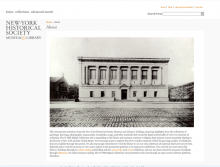



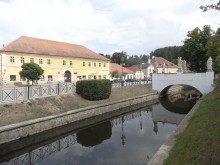
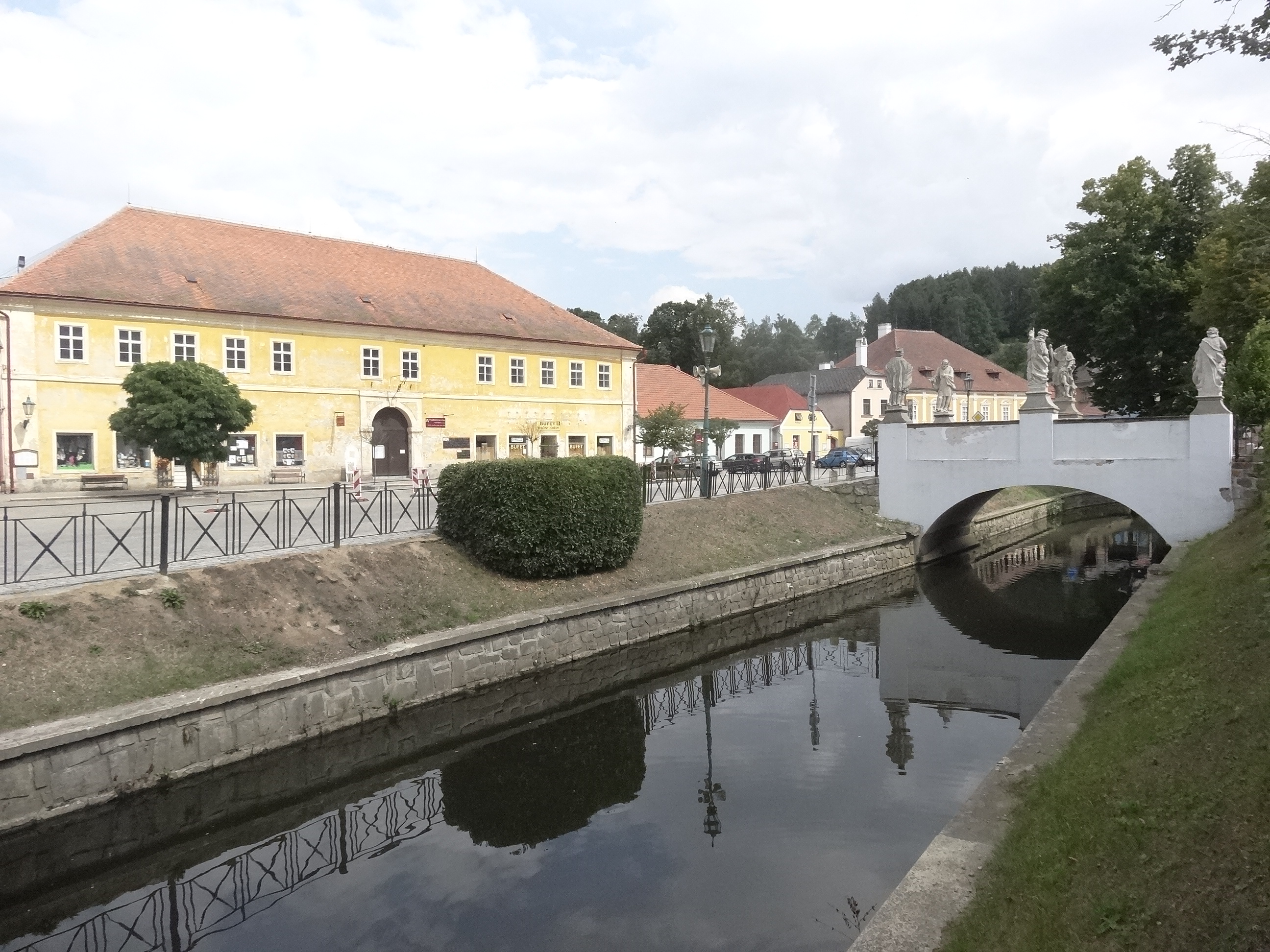
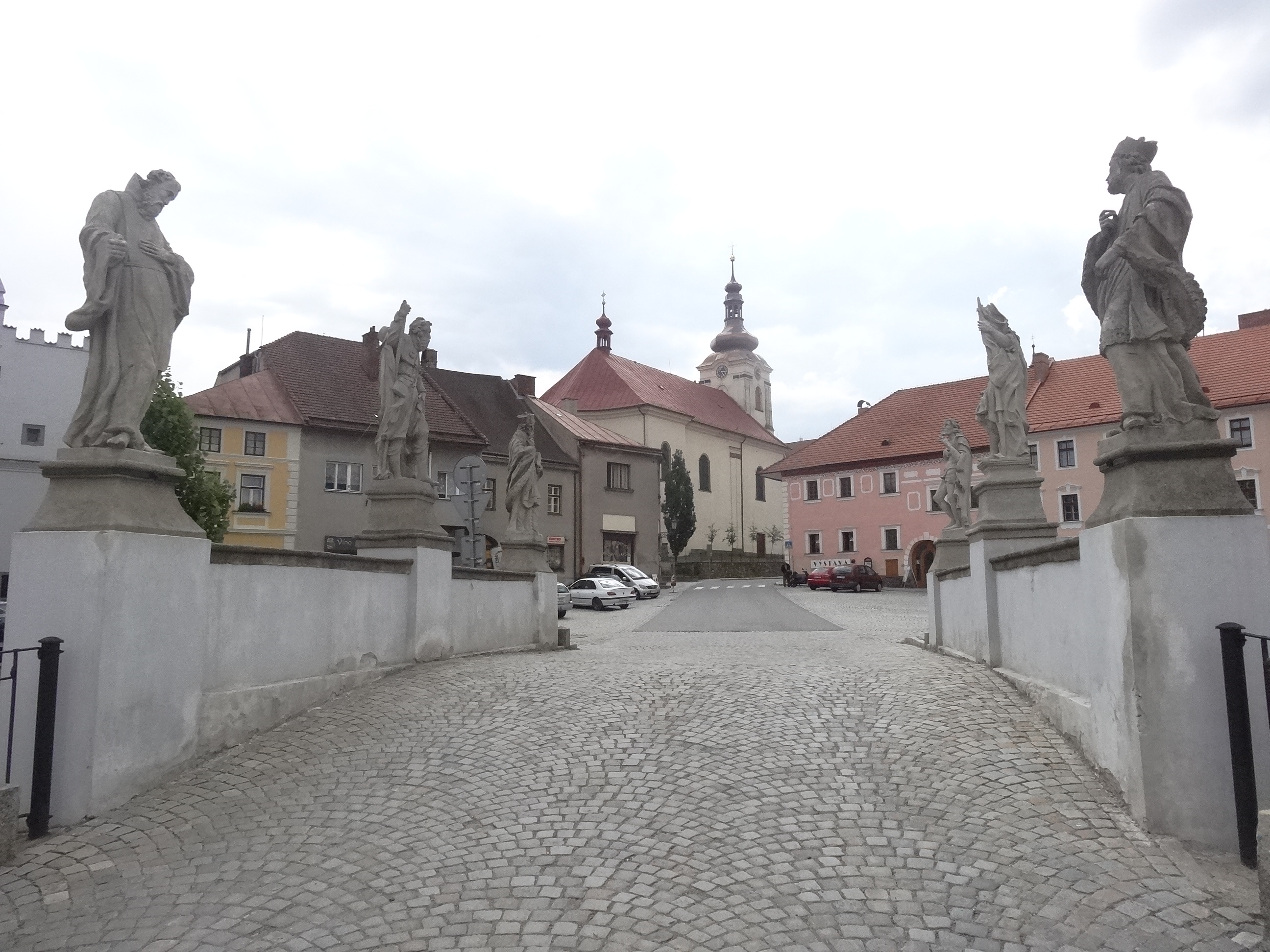

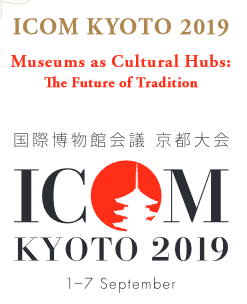 A wide programme of ICOM members meetings, keynote speeches and excursions constitutes the 25th edition of ICOM conference, in Kyoto, under the main theme “MUSEUM AS CULTURAL HUBS: The Future of Tradition”.
A wide programme of ICOM members meetings, keynote speeches and excursions constitutes the 25th edition of ICOM conference, in Kyoto, under the main theme “MUSEUM AS CULTURAL HUBS: The Future of Tradition”.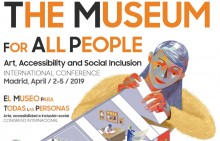
 Museums for all people! This was the title of the international conference held from 2 to 5 April 2019 at Complutense University in Madrid. Keynote lectures, short talks and posters discussed the diverse and multi-layered dimensions of art and cultural heritage and in particular of the museum as an institution. The focus was in particular on the great diversity of the public and barrier-free access to culture. Further topics were: the relations between museums and universities, the use of new technologies as well as participative, integrative and cooperative projects. The majority of the presentations and discussions again highlighted the social importance and responsibility of museums. The congress offered valuable opportunities for an intensive exchange across countries and sectors, which will enable the further development of ideas on future museum work in theory, practice and politics.
Museums for all people! This was the title of the international conference held from 2 to 5 April 2019 at Complutense University in Madrid. Keynote lectures, short talks and posters discussed the diverse and multi-layered dimensions of art and cultural heritage and in particular of the museum as an institution. The focus was in particular on the great diversity of the public and barrier-free access to culture. Further topics were: the relations between museums and universities, the use of new technologies as well as participative, integrative and cooperative projects. The majority of the presentations and discussions again highlighted the social importance and responsibility of museums. The congress offered valuable opportunities for an intensive exchange across countries and sectors, which will enable the further development of ideas on future museum work in theory, practice and politics.
